justineanweiler0 – In recent years, smartwatches and fitness trackers have transformed the way we monitor our health, stay connected, and engage with technology. These devices have evolved from simple timekeeping tools to sophisticated gadgets that offer a wide array of features tailored to fitness enthusiasts and everyday users alike.
What Are Smartwatches and Fitness Trackers?
Smartwatches are versatile wearable devices that combine traditional watch functionalities with advanced computing capabilities. They typically allow users to receive notifications, track fitness metrics, access apps, and even make calls. Popular models include the Apple Watch, Samsung Galaxy Watch, and Garmin.
Fitness Trackers, on the other hand, focus primarily on health and fitness metrics. They often come with built-in sensors to track steps, heart rate, sleep patterns, and calories burned. Brands like Fitbit and Xiaomi dominate this market, offering devices that cater to various fitness levels and lifestyles.
Key Features
- Health Monitoring
- Both smartwatches and fitness trackers offer comprehensive health monitoring features, including heart rate monitoring, blood oxygen saturation tracking, and sleep analysis. This data can help users gain insights into their overall well-being.
- Activity Tracking
- These devices often come equipped with GPS and motion sensors to accurately track physical activities such as running, cycling, and swimming. Many models can automatically detect exercise types and provide detailed reports.
- Smart Notifications
- Smartwatches excel in delivering notifications from smartphones, allowing users to receive calls, messages, and app alerts directly on their wrist. This feature promotes connectivity while reducing the need to check phones constantly.
- Customizable Interfaces
- Users can personalize their devices with interchangeable watch faces, bands, and themes, allowing them to express their style while maintaining functionality.
- Long Battery Life
- Fitness trackers generally boast longer battery life compared to smartwatches, often lasting several days or even weeks on a single charge, making them ideal for continuous health monitoring.
The Impact on Health and Fitness
The integration of smartwatches and fitness trackers into daily routines has had a significant impact on health and fitness culture:
- Motivation and Accountability: Many users find that tracking their daily activity levels motivates them to move more and set fitness goals. Features like step challenges and reminders to stand or exercise foster a sense of accountability.
- Data-Driven Insights: With access to detailed health data, users can make informed decisions about their lifestyle. For example, sleep tracking can highlight patterns that affect overall health, while heart rate monitoring can optimize workout intensity.
- Telehealth Integration: Some smartwatches now offer telehealth capabilities, enabling users to connect with healthcare professionals directly from their devices, enhancing access to medical advice and services.
Choosing the Right Device
When selecting a smartwatch or fitness tracker, consider the following factors:
- Purpose: Determine whether your primary goal is health monitoring, fitness tracking, or enhanced connectivity.
- Features: Assess which features matter most to you, such as GPS, heart rate monitoring, or compatibility with apps.
- Battery Life: If you prefer long-lasting devices, a fitness tracker might be more suitable.
- Design: Look for a style that fits your personal aesthetic, as wearables are often a fashion statement as much as a tech accessory.
The Future of Wearable Technology
As technology continues to advance, the future of smartwatches and fitness trackers looks promising. Innovations such as improved health sensors, enhanced AI algorithms for personalized recommendations, and greater integration with smart home devices are on the horizon. Additionally, as awareness of health and wellness grows, these devices will likely become essential tools for personal health management.
Conclusion
Smartwatches and fitness trackers have reshaped the landscape of personal health and connectivity, offering users the tools to monitor their well-being and stay connected in a fast-paced world. Whether you’re an avid fitness enthusiast or simply looking to enhance your daily routine, investing in one of these devices can lead to a healthier, more connected lifestyle.
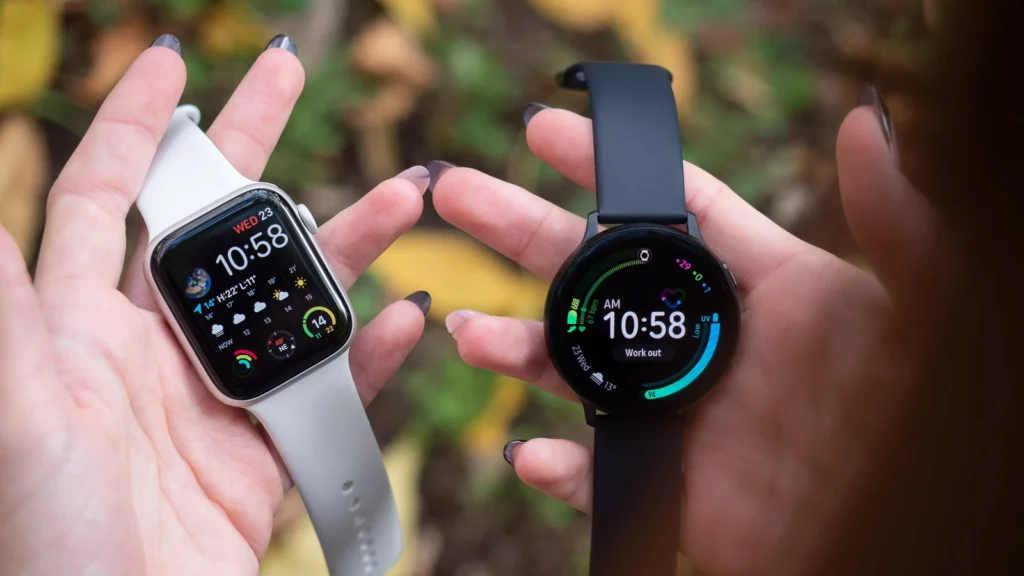
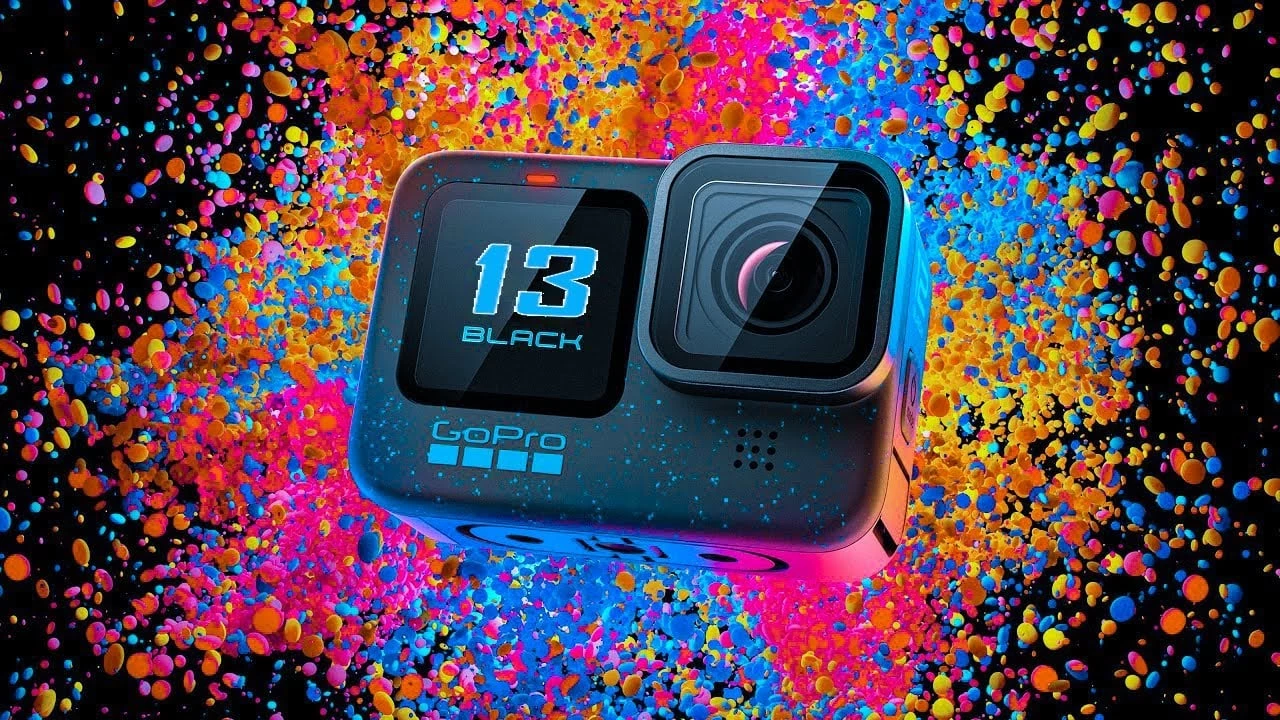
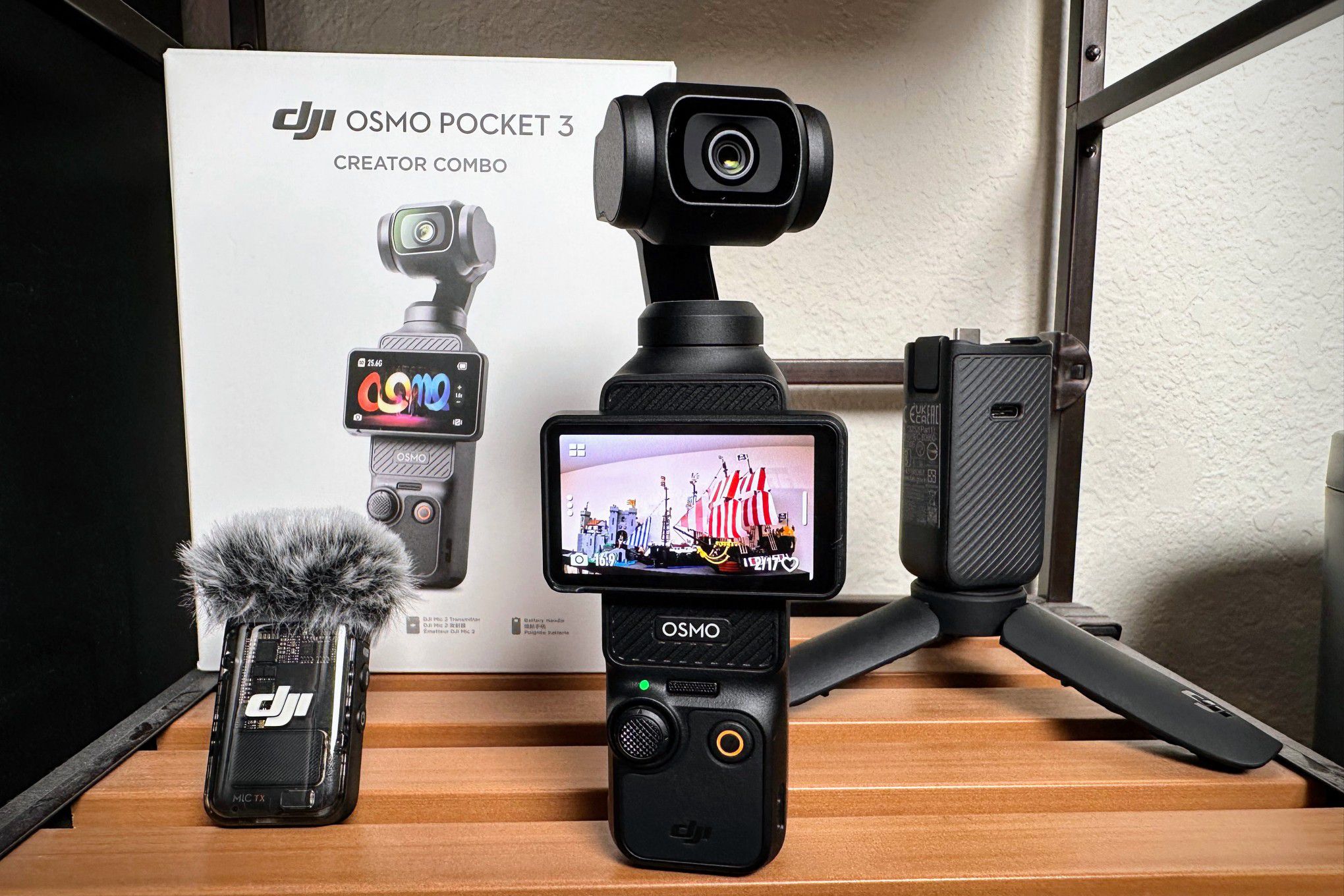

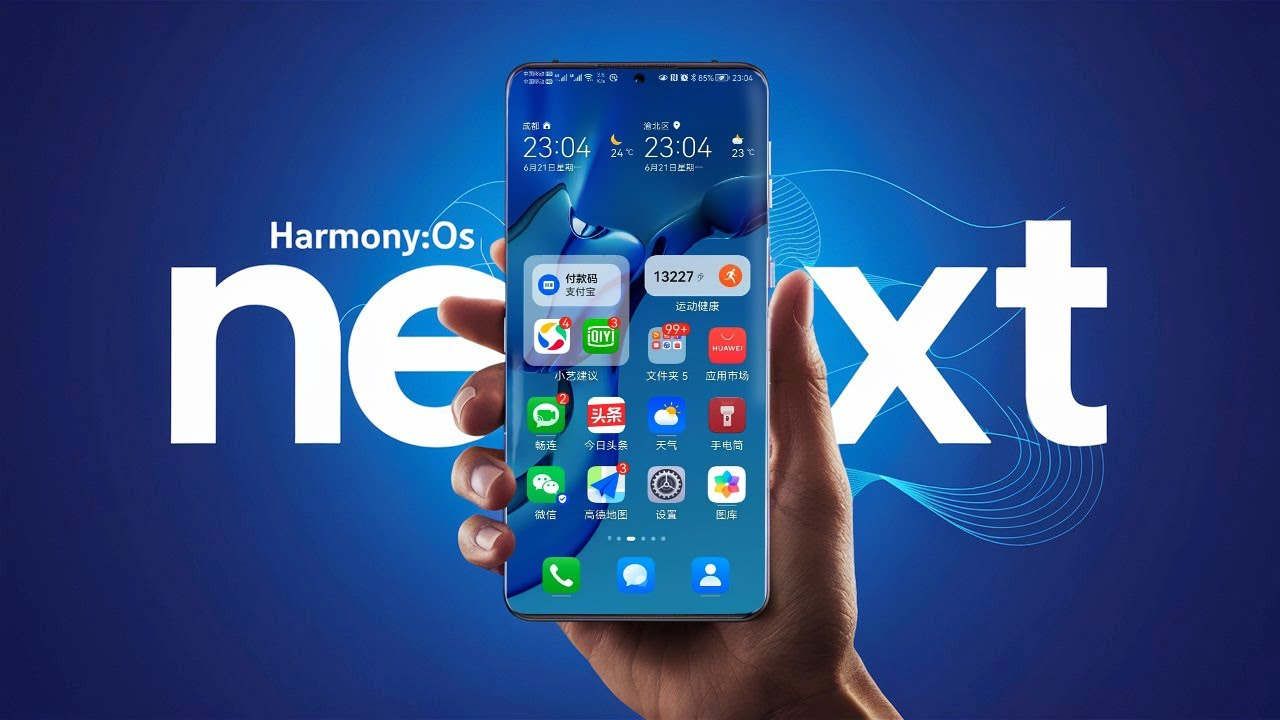
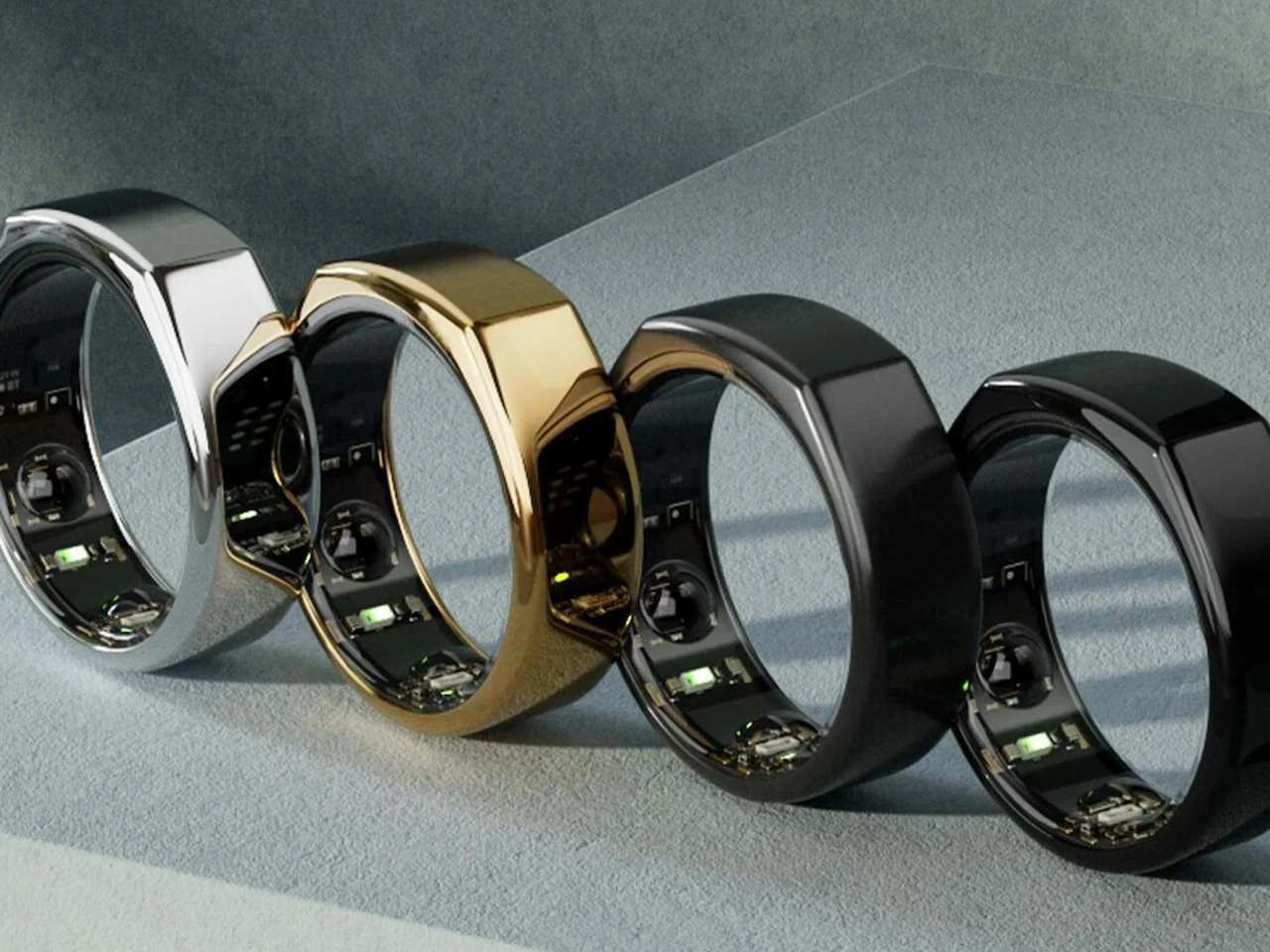
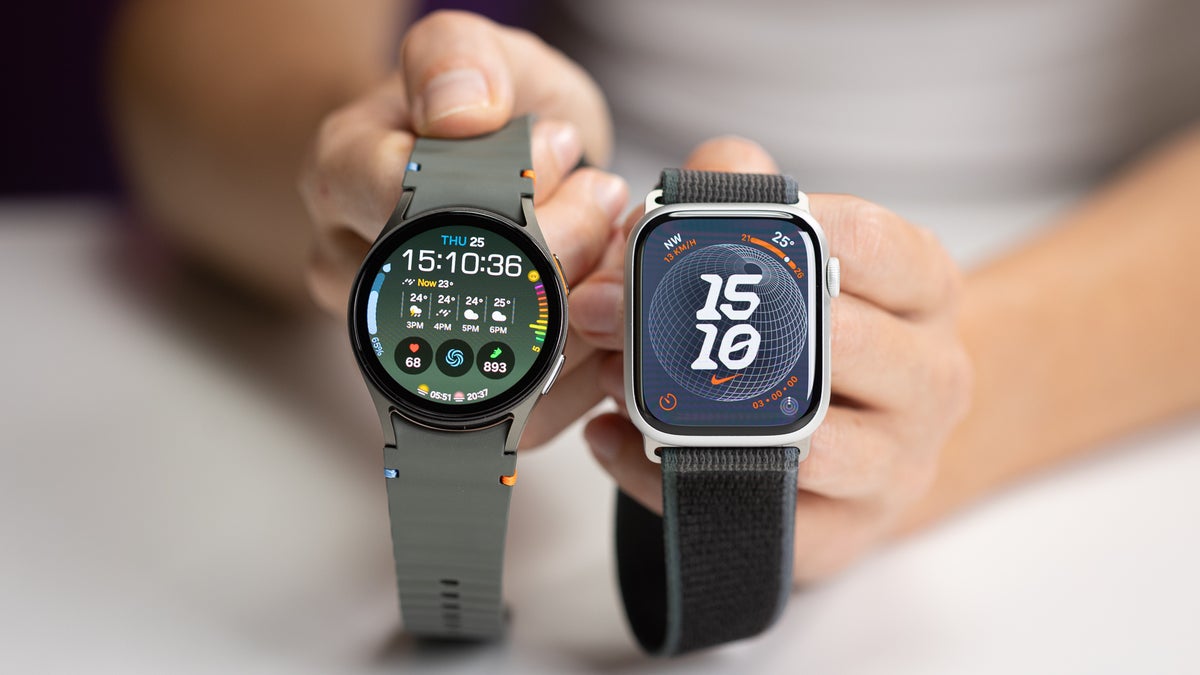


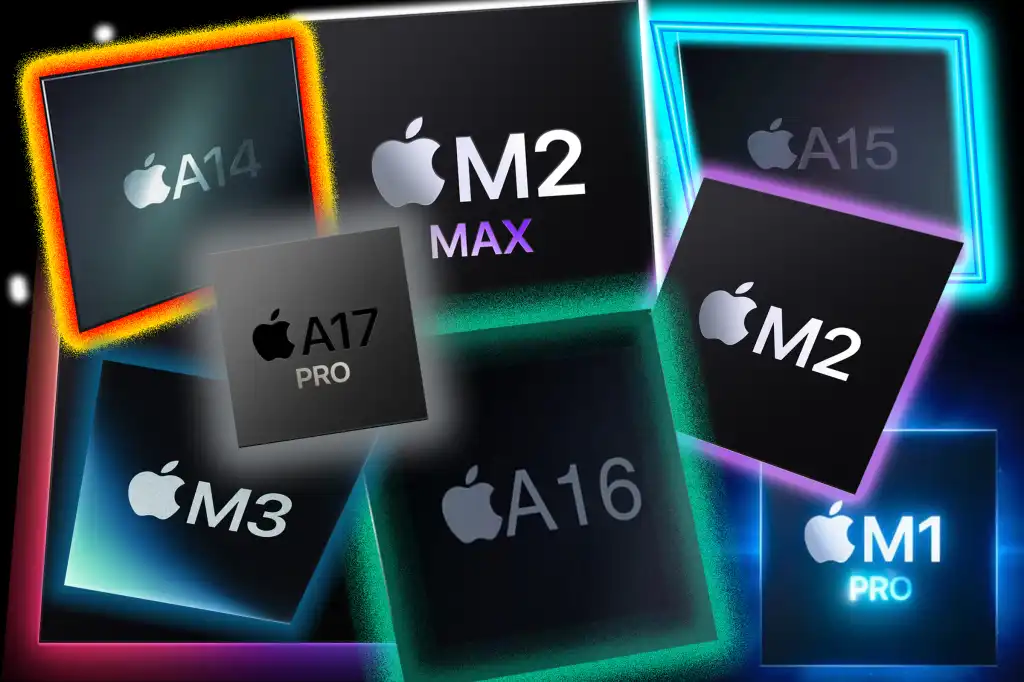

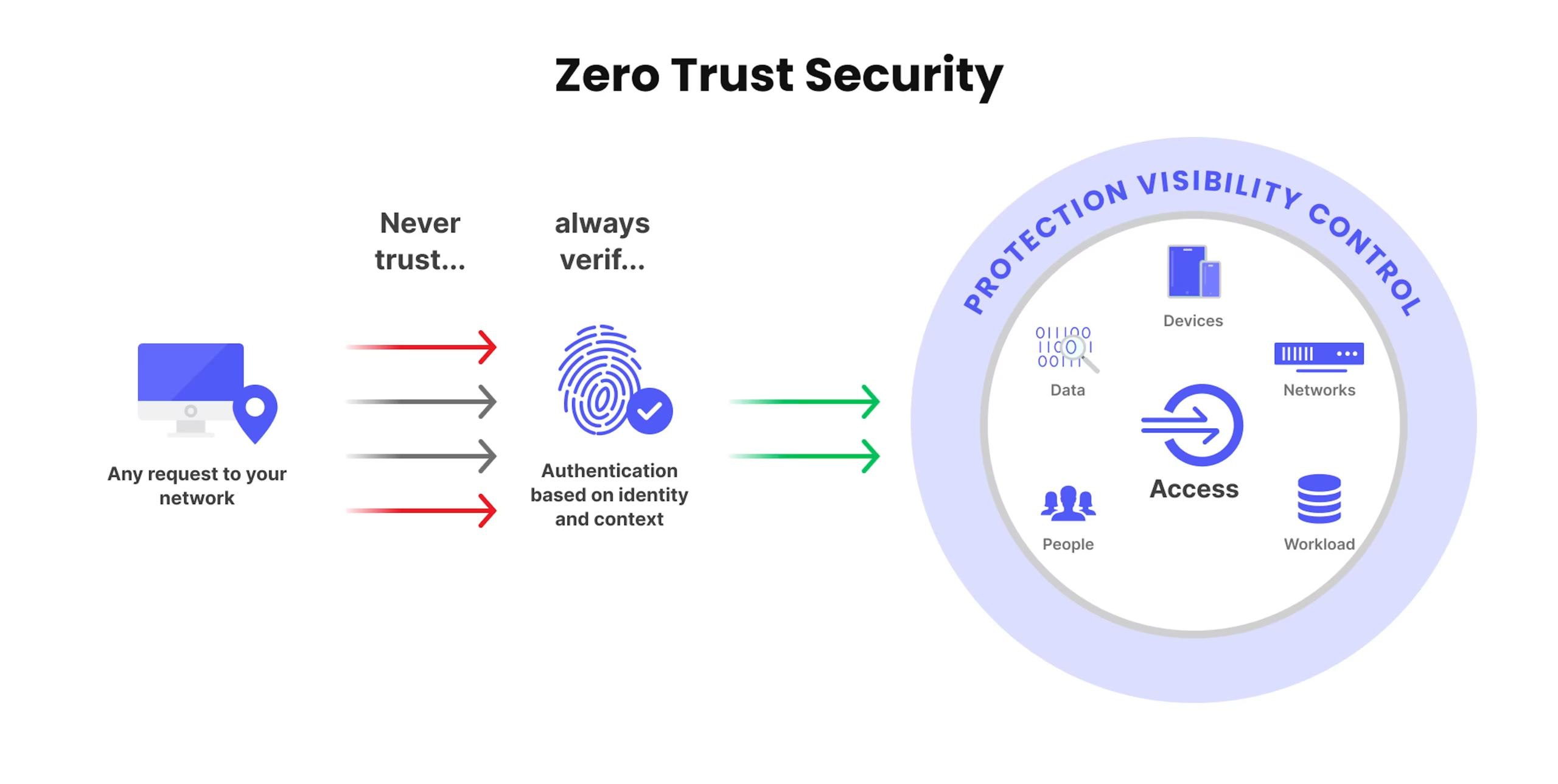


Leave a Reply